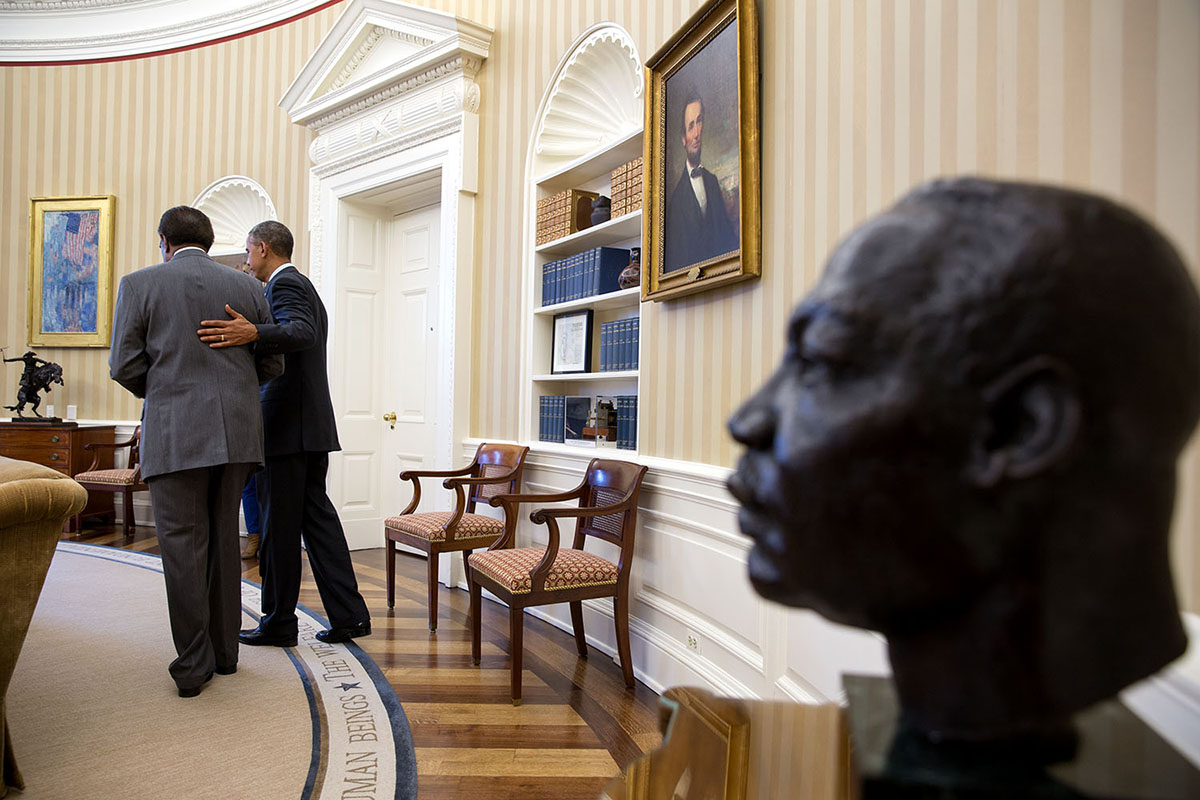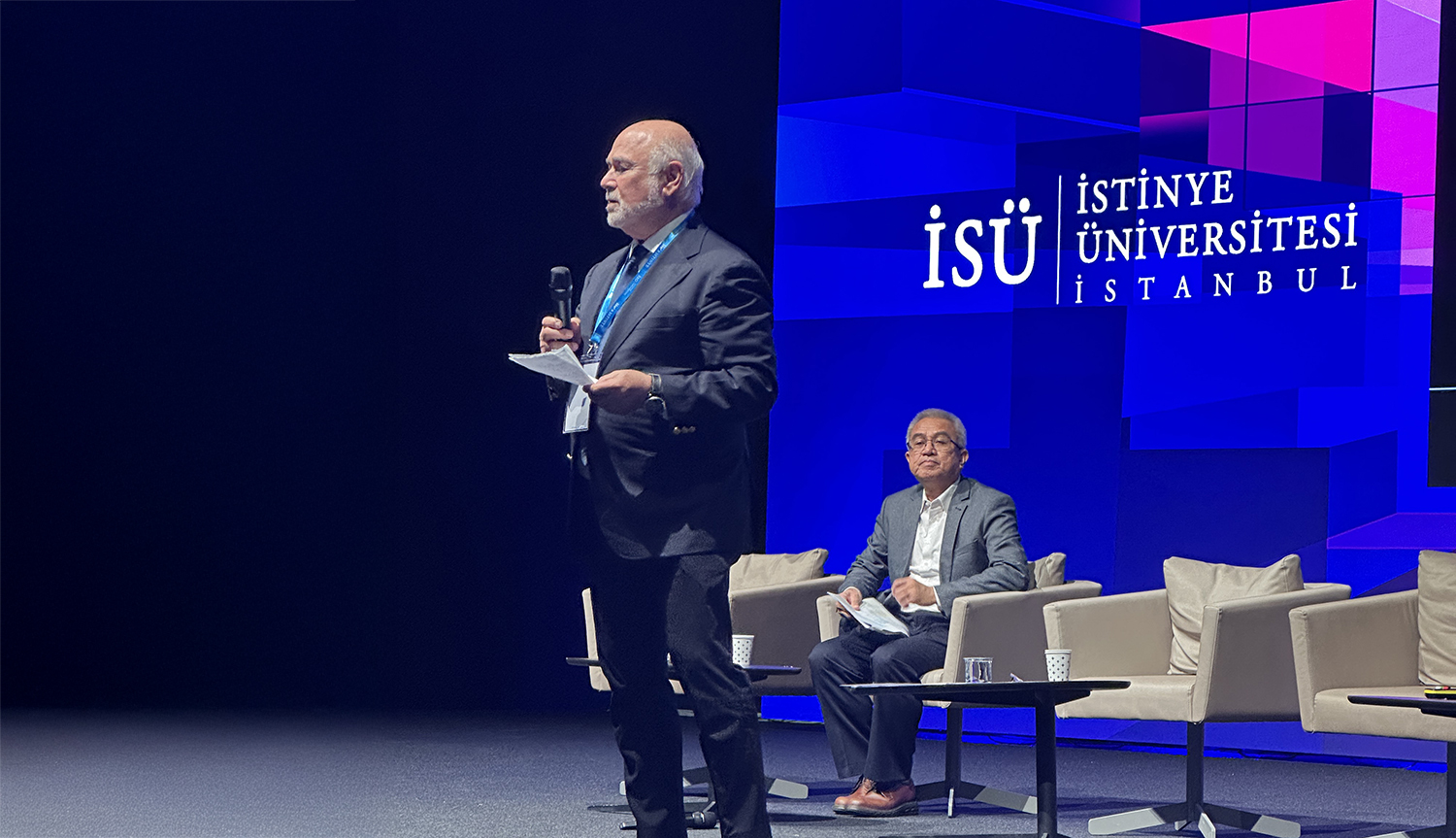This inspiring event in February 2022 was hosted by Marilyn Turkovich from Charter for Compassion, co-sponsored by Voices for a World Free of Nuclear Weapons (URI), Global Security Institute (GSI) and International Academy for Multicultural Cooperation (IAMC).
The keynote was delivered by Dr. Clarence B. Jones, who was MLK’s lawyer, speech writer, and advisor and moderated by Jonathan Granoff, President of the Global Security Institute. Respondents included the Rt. Rev. William E. Swing, Founder of the United Religions Initiative and Audrey Kitagawa founder of the International Academy for Multicultural Cooperation.
In 1962, Martin Luther King wrote a letter recommending his lawyer and advisor, Clarence B. Jones, to the New York State Bar, stating: “Ever since I have known Mr. Jones, I have always seen him as a man of sound judgment, deep insights, and great dedication. I am also convinced that he is a man of great integrity” (King, 29 May 1962). Jones was born on 8 January 1931 to parents who were domestic workers in Philadelphia, Pennsylvania, and was raised in a foster home and a boarding school in New England. He attended Columbia University beginning in 1949, but his college education was interrupted by military service. Jones was drafted into the Army in August 1953, but was given an “undesirable” discharge as a security risk in April 1955 for refusing to sign the Armed Forces Loyalty Certificate stating that he was not a member of the Communist Party. Federal Bureau of Investigation reports compiled in 1957 identified Jones as a member and leader of the Labor Youth League, described as a Communist Party front organization, during his years at Columbia. His discharge status was later changed to “honorable” on appeal.
Following his discharge, Jones returned to Columbia to complete his BA in 1956. That year he began attending Boston University School of Law, obtaining his LLB in 1959. He and his wife Anne moved to Altadena, California, where Jones established a practice in entertainment law.
Jones joined the team of lawyers defending King in the midst of King’s 1960 tax fraud trial; the case was resolved in King’s favor in May 1960. Jones and his family relocated to New York to be close to the Harlem office of the Southern Christian Leadership Conference (SCLC), and he joined the firm of Lubell, Lubell, and Jones as a partner. In 1962, Jones became general counsel for the Gandhi Society for Human Rights, SCLC’s fundraising arm. Later that year, Jones would advise King to write President John F. Kennedy on the Cuban missile crisis. He urged King to make a statement because “your status as a leader requires that you not be silent about an event and issues so decisive to the world” (Jones, 1 November 1962).
Jones accompanied King, Wyatt Tee Walker, Stanley Levison, Jack O’Dell, and others to the SCLC training facility in Dorchester, Georgia, for an early January 1963 strategy meeting to plan the Birmingham Campaign. Following King’s 12 April arrest in Birmingham for violating a related injunction against demonstrations, Jones secretly took King’s handwritten response from jail to eight Birmingham clergymen who had denounced the protests in the newspaper. It was typed and circulated among the Birmingham clergy and later printed and distributed nationally as “Letter from Birmingham Jail.” Jones helped secure bail money for King and the other jailed protesters by flying to New York to meet with New York Governor Nelson Rockefeller, who gave Jones the bail funds directly from his family’s vault at Chase Manhattan Bank.
Jones continued to function as King’s lawyer and advisor through the remainder of his life, assisting him in drafting the “I Have a Dream” speech and preserving King’s copyright of the momentous address; acting as part of the successful defense team for the SCLC in New York Times v. Sullivan; serving as part of King’s inner circle of advisers, called the “research committee”; and contributing with Vincent Harding and Andrew Young to King’s “Beyond Vietnam” address at New York’s Riverside Church on 4 April 1967.
After King’s death, Jones served as one of the negotiators during the 1971 prison riot at Attica, and was editor and part owner of the New York Amsterdam News from 1971 to 1974. In summing up his sentiments on King’s life, Jones remarked in a 2007 interview: “Except for Abraham Lincoln and the Emancipation Proclamation of 1863, Martin Luther King, Jr., in 12 years and 4 months from 1956 to 1968, did more to achieve political, economic, and social justice in America than any other event or person in the previous 400 years” (Jones, 18 May 2007).
The Global Security Institute is dedicated to strengthening international peace and security based on co-operation, diplomacy, shared interests, the rule of law and universal values. Our efforts are guided by the skills and commitment of our team of former heads of state, distinguished diplomats and politicians, celebrities, religious leaders, Nobel Peace Laureates, disarmament and legal experts, and concerned informed citizens. Our focus is on controlling and eliminating humanity’s greatest threat – nuclear weapons.







